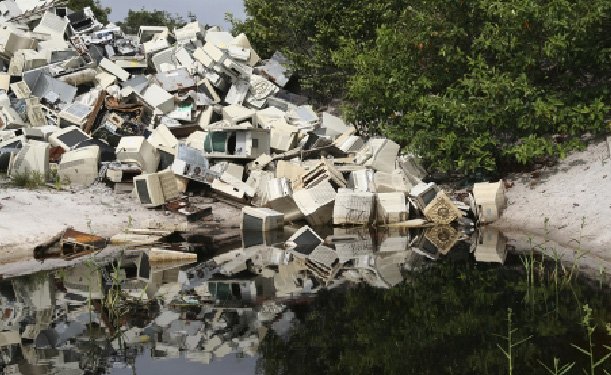Preventing and Combating Crimes That Affect the Environment (UN Vienna Office)
Written by: Renate Amesbauer
At the 14th United Nations Congress on Crime Prevention and Criminal Justice (CCPCJ) in Kyoto, Japan in March 2021, any crime that affects the environment has been highlighted and prioritized more than ever before: So much that the United Nations Commission on Crime Prevention and Criminal Justice (CCPCJ) is calling together an “Expert Discussion on Crimes that Affect the Environment.” Not only is it that wildlife of species of animals and plants are being endangered, but it is also that the livelihoods of people at stake.
A deep concern was expressed about all those who have been injured, threatened or exploited by organized criminal groups involved in or benefiting from crimes that affect the environment. Concerns were also expressed by those whose living environment, safety, health or livelihoods are endangered or put at risk by those crimes, affirming its resolve to assist and protect those affected, in accordance with national law.
Deep concern was also put forth about the fact that activities of organized criminal groups that affect the environment hinder and undermine efforts undertaken by States to protect the environment, promote the rule of law and achieve sustainable development, including efforts to contribute to the implementation of the 2030 Agenda for Sustainable Development. Recognizing that there are even more possible effects of crimes that affect the environment, they may also have a negative impact on economies, public health, human safety, food security, livelihoods and habitats.
There are even more points raised in this connection.
At the 14th UN CCPCJ gathering, Heads of State and the Government, Ministers and Representatives of Member States had expressed their deep concern about the negative impact of crime on the environment and affirmed their endeavor to adopt effective measures to prevent and combat crimes that affect the environment. This includes illicit trafficking in wildlife, including, flora and fauna that are actually protected by the Convention on International Trade and classified as Endangered Species. There is also the topic of hazardous wastes and other wastes and the trade in precious metals, stones and others.
A determination was made to prevent and combat crimes that affect the environment by making the best possible use of and by strengthening legislation, international cooperation, capacity-building, criminal justice responses and law enforcement efforts, dealing with transnational organized crime, corruption and money laundering linked to such crimes, and illicit financial flows derived from such crimes, while acknowledging the need to deprive criminals of proceeds of crime. Reaffirming also that States are to carry out their obligations to combat transnational organized crime as well as corruption in a manner consistent with the purposes and principles set forth in the Charter of the United Nations and international law and with human rights and fundamental freedoms.
*Excerpts from Seventy-sixth session Third Committee Agenda item 108 Crime Prevention and Criminal Justice Draft Resolution submitted by the Chair on the recommendation of the Economic and Social Council (resolution 2021/24), Preventing and combating crimes that affect the environment.


